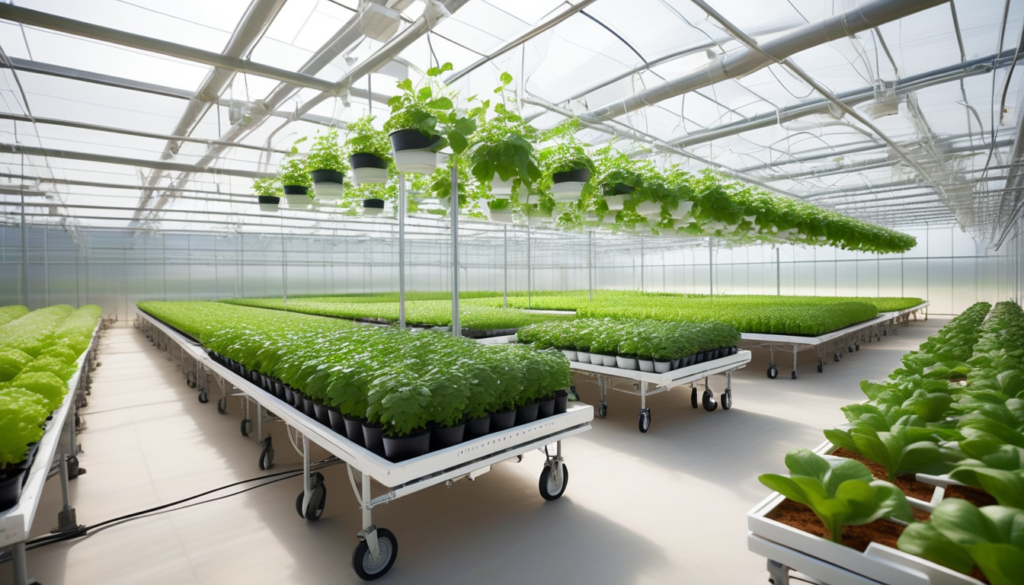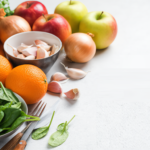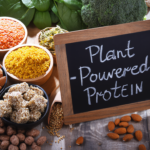In the sun-scorched outskirts of Tripoli, a quiet revolution is taking root. Meet 24-year-old Abdallah Elfandi, a Libyan farmer who’s growing lush, organic crops—without soil—in the middle of the desert. His secret? Aquaponics, a clever closed-loop system where fish and plants work together in harmony. As Libya faces rising temperatures, drought, and crumbling irrigation systems, Elfandi’s high-tech, low-water method could be a game-changer.
Farming Without Soil—And Without Waste
At his farm, HydroHarvest, fish like tilapia swim in tanks while their nutrient-rich waste fertilizes floating beds of lettuce, mint, kale, and more. No soil. No pesticides. Just water, reused again and again. In a country where agriculture is choking under water shortages and climate pressure, Elfandi’s system offers a sustainable lifeline.
Meanwhile, traditional farmers like Mohamed Al Zawawi are feeling the heat. Once able to fill multiple trucks with produce, Al Zawawi now struggles to harvest even a single load. He calls for more support—like desalination and smarter water use—but sees hope in new methods like aquaponics.
A Vision for the Future of Libyan Farming
With a €20,000 grant from the EU, Elfandi is expanding his operation and adding new elements—like Azolla, a fast-growing aquatic plant that helps reduce evaporation and serves as fish food. His goal? To share his model across Libya, making farming viable again in even the toughest conditions.
“Change is possible,” he says with a smile. And it seems others are starting to believe it. Even veteran farmers are dipping their toes into hydroponics.
In a region where water is vanishing and crops are failing, Elfandi’s desert farm offers something rare: a reason to hope.
Source : https://www.dw.com/en/a-libyan-farmer-growing-organic-food-in-desert-conditions/video-73033548








